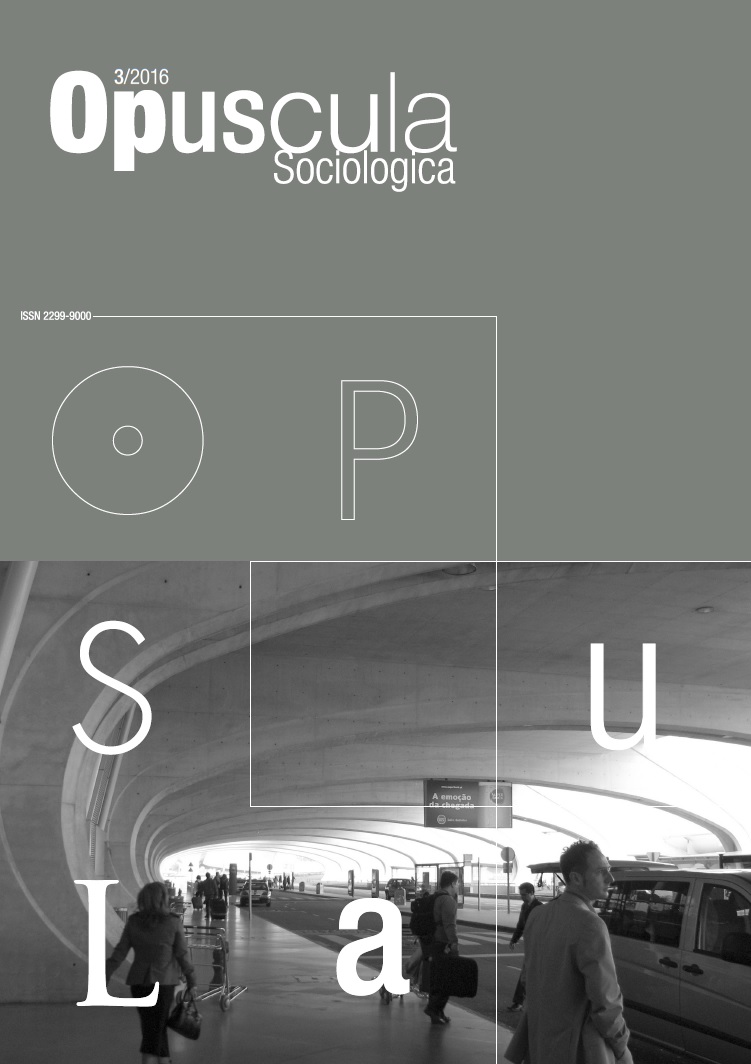Ja bym chciała, żeby moje dzieci mieli szczęśliwe dzieciństwo, nie tak, jak ja... Dzieciństwo własne a dzieciństwo własnych dzieci w narracjach wielodzietnych ubogich kobiet
THE CHILDHOOD OF POVERTY-STRICKEN WOMEN VERSUS THE CHILDHOOD OF THEIR CHILDREN RAISED IN LARGE FAMILIES AS TOLD BY THE FORMER
Author(s): Izabela Kaźmierczak-KałużnaSubject(s): Family and social welfare
Published by: Wydawnictwo Naukowe Uniwersytetu Szczecińskiego
Keywords: childhood; large families; poverty; intergenerational transmission of poverty
Summary/Abstract: Having many children and being poor are regarded as interconnected phenomena in Polish sociology, additionally reinforced by extensive cultural deficits, single parenthood, frequent changes of partners, dependence on social benefits, serious housing problem and/or a whole spectrum of other problems – from disturbed family relationships, educational, health and unemployment problems to alcoholism and violence. This situation is accompanied by a lack of childhood understood as a particularly protected period in human life, being one of the determinants of the culture of poverty. Children from poor large families often grow up in an unfavorable environment in terms of multidimensional deprivation and are involved in activities in areas reserved for adults (early jobs, attempts to resolve family conflicts, domestic workload, early parenthood, etc.). They have an objectively difficult, sometimes traumatic, “neglected” childhood. The author shows the problems of childhood from the perspective of poor women with many children. In this analysis both the retrospective part of respondents’ narratives related to their own experiences of childhood and reports of the current situation in which their children grow up are used. In the conclusions an attempt is made to answer the question of how much and in which areas mothers’ experiences are different from their children’s childhood, and also how much they are similar. In a broader context, these conclusions concern the issue of intergenerational transmission of impaired social status and poverty and its determinants.
Journal: Opuscula Sociologica
- Issue Year: 18/2016
- Issue No: 4
- Page Range: 63-79
- Page Count: 17
- Language: Polish

